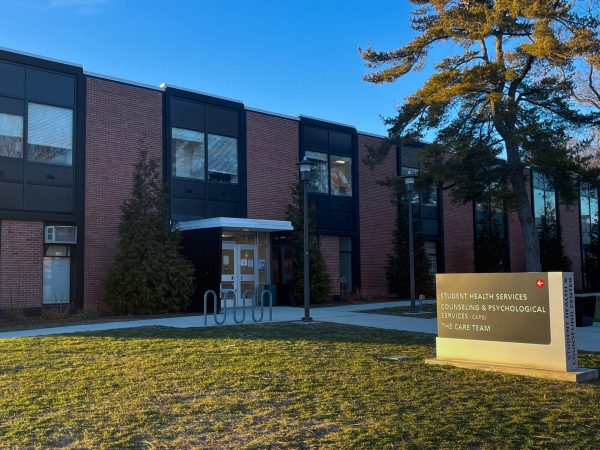
As a student from a different cultural background, I often find it difficult to open up about my stress because I am uncertain that others can empathize with my experiences. In light of this issue, I believe that race and gender play important roles in the administration of counseling services. Therefore, people from varied cultural backgrounds should have equitable access to quality psychological care that meets their needs.
For those seeking counseling for mental illness or personal struggles, Stony Brook University’s Counseling and Psychological Services (CAPS) offers mental health services.
While alternative counseling services may be costly and distant from Stony Brook, CAPS offers a more accessible and supportive option by being conveniently situated on campus. CAPS provides free care and is located behind the Stony Brook Union building. Indeed, it presents a remarkable opportunity for students desiring on-campus mental health support.
However, given the diverse range of racial, sexual and gender identities on campus, I am uncertain whether CAPS providers possess a full understanding of and are able to advocate for such a diverse student body. Even if they do, students might hesitate to discuss their issues with someone from a different background. The study “The Influence of Race and Ethnicity in Clients’ Experiences of Mental Health Treatment” states that clients of racial minorities experienced more issues with race and ethnicity than white clients. This serves as evidence of people of color being uncomfortable with opening up to white therapists.
According to Stony Brook’s Data Warehouse Institutional Research, Planning & Effectiveness Student Extract Files, the highest percentage of undergraduate students in 2023 belong to minority groups; Asian students took first place at 45%. Second place was white at 37%, followed by Hispanic or Latino at 15.4%. These population statistics indicate that there are more students of diverse backgrounds than there are white students at Stony Brook.
Upon reviewing the CAPS website’s “Meet the Staff” section, the majority of the staff are white, with only two people of color on the counseling and psychiatry staff — both with no photos listed. In essence, 45% of Asian students, 15.4% of Hispanic or Latino students and about 18% of other race students have limited options but to seek counseling from white therapists.
The study “Understanding the Psychological Processes of the Racial Match Effect in Asian Americans” argues that clients racially matched with their therapists tend to experience more satisfaction and improvement. However, there seems to be a lack of diversity within CAPS, potentially hindering students from feeling fully comfortable in therapy sessions.
Director of CAPS Dr. Smita Majumdar Das elucidated the ongoing efforts to improve their services to accommodate students of diverse backgrounds.
“CAPS has made significant improvements to increase the compositional diversity among staff, having recruited several counselors of color over the past year and hired an Assistant Director of Equity and Inclusion to further our commitment to provide culturally competent care for all our students,” Dr. Das said. “Our counselors at CAPS work diligently to increase their cultural humility to work effectively with our diverse student body.”
Dr. Das’ words call attention to CAPS’s acknowledgment of the lack of staff diversity and highlight efforts to improve service issues. This shows a promising start toward enhancing student access and utilization of CAPS services, potentially benefiting the broader academic community.
Moreover, even though the undergraduate student population comprises a spectrum of gender identities, all the counselors and psychiatrists are female. The bond between the students and therapists may be the most important thing in counseling, but students who prefer specific gender or LGBTQ-identifying therapists might not have a chance to get their preferred therapists on campus.
“Although choosing a therapist whose gender and/or race is similar may increase the level of comfort and feelings of safety, it is critical for students to access the service they need and not be deterred by the color or background of their therapist,” Dr. Das said.
While it is undeniable that some students can have a positive and cost-effective experience with CAPS, Stony Brook University’s mental health community needs to dedicate itself to diversifying its staff. I believe that CAPS needs to proactively hire counselors of color and gender minority, and counselors should be trained well in understanding and communicating with people of different backgrounds. By reflecting the student body, CAPS can be a better place for all students, regardless of their cultural background or gender identity.

















